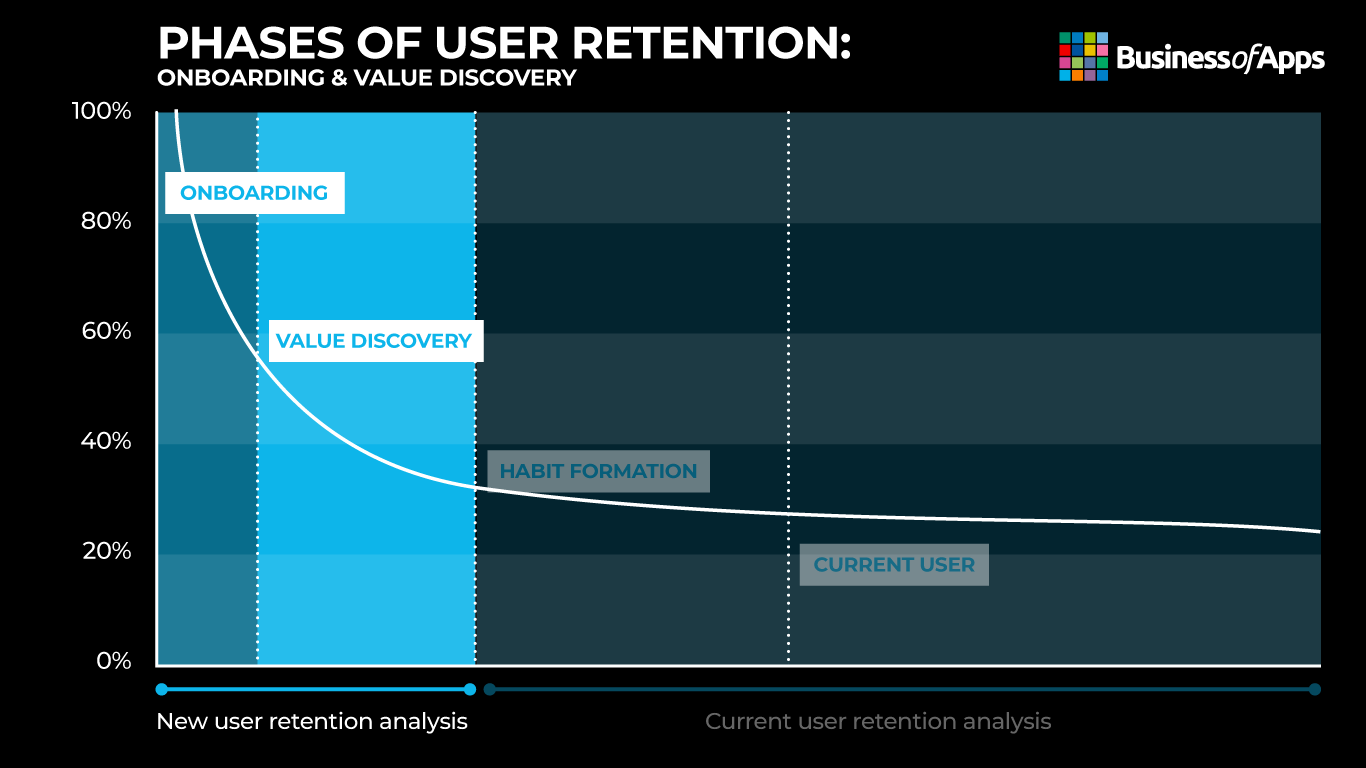Buzz of Connections
Exploring the latest trends in dating, relationships, and social interactions.
Web3 and Chill: Keeping Users Engaged in the Decentralized Era
Discover how to engage users in the decentralized era with Web3 strategies. Dive into the future of online interaction and connection!
What is Web3 and How is it Transforming User Engagement?
Web3 represents the next evolution of the internet, focused on decentralization, user empowerment, and blockchain technology. Unlike its predecessors, which are characterized by centralized control, Web3 places power back in the hands of users, allowing them to own their data and participate in governance. Through innovations like smart contracts and decentralized applications (dApps), Web3 is reshaping how individuals interact online, fostering a more collaborative and transparent environment.
This transformation has significant implications for user engagement. Platforms built on Web3 principles offer users more meaningful interactions by incentivizing participation through tokens and rewards. Additionally, the use of decentralized identity solutions enhances trust and security, leading to more authentic connections between users and services. As Web3 continues to develop, it is poised to redefine the digital landscape, making user engagement more interactive and rewarding than ever before.

Counter-Strike is a popular first-person shooter game that has garnered a massive following since its inception. Players engage in team-based gameplay, where terrorists and counter-terrorists compete to achieve specific objectives. If you're looking for some exciting bonuses while gaming, check out the bc.game promo code to enhance your experience!
Top Strategies for Keeping Users Engaged in a Decentralized Environment
In a decentralized environment, keeping users engaged is crucial for the growth and sustainability of a project. One of the top strategies is fostering a sense of community. By creating dedicated forums or chat groups where users can share ideas, discuss projects, and collaborate, you can enhance user interaction. Consider implementing features like user contributions or peer reviews, where individuals feel valued and invested in the community's success. Regularly host events, such as AMA (Ask Me Anything) sessions, to maintain an open line of communication and encourage active participation.
Another effective strategy is to provide educational resources tailored to your audience. Offering tutorials, webinars, and FAQs can help demystify complex concepts and deepen user understanding of the decentralized ecosystem. Incorporate gamification elements into your platform to make the learning process enjoyable and rewarding. For instance, implement a points system or badges for users who complete educational tasks, which can significantly boost engagement levels. By prioritizing user education and experience, you can create a more interactive environment that motivates users to remain active participants.
How to Create a Community-Driven Experience in Web3: Tips and Best Practices
Creating a community-driven experience in Web3 requires a deep understanding of user engagement and the unique characteristics that decentralized platforms offer. To start, focus on transparency and accessibility. Ensure that your community members can easily access information about the project's goals, governance, and updates. Implementing open communication channels, such as dedicated forums, Discord servers, or social media groups, allows for real-time feedback and collaboration. This not only empowers users but also fosters a sense of ownership within the community.
Another best practice is to actively involve your community in the decision-making process. This can be achieved through methods like voting mechanisms or regular feedback sessions. Consider organizing events or workshops where members can contribute ideas, participate in discussions, and shape the future of your project. Additionally, recognize and reward contributions from the community to encourage ongoing participation. Whether through token rewards, shout-outs, or exclusive access to new features, demonstrating appreciation for community involvement is essential for building loyalty and trust.